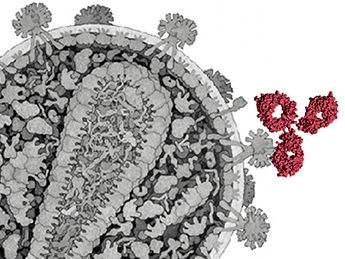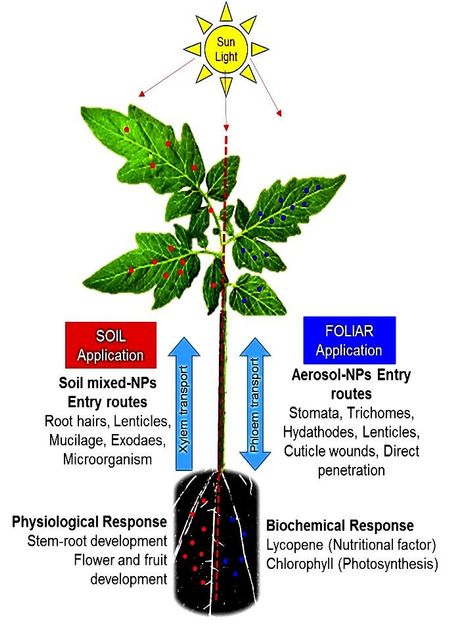Virus-like particle vaccine protects monkeys from chikungunya virus
Advertisement
An experimental vaccine developed using non-infectious virus-like particles (VLP) has protected macaques and mice against chikungunya virus, a mosquito-borne pathogen that has infected millions of people in Africa and Asia and causes debilitating pain, researchers at the National Institutes of Health have found.
Scientists at the National Institute of Allergy and Infectious Diseases (NIAID) developed the vaccine because there is no vaccine or treatment for chikungunya virus infection. Details about the vaccine were published in Nature Medicine .
"Increases in global travel and trade, and possibly climate change, may be contributing to the spread of disease-carrying mosquitoes into new areas," says NIAID Director Anthony S. Fauci, M.D. "Finding safe and effective human vaccines for chikungunya virus and other insect-borne pathogens is an important global health priority."
To develop the vaccine, scientists in NIAID's Vaccine Research Center (VRC) identified the proteins that give rise to chikungunya VLPs. The VLPs mimic actual virus particles but cannot cause infection, so they can be used safely as a vaccine to elicit immune responses. The researchers immunized rhesus macaques with the VLPs, waited 15 weeks before exposing the animals to chikungunya virus, and observed that the vaccine provided complete protection from infection.
When the group found that antibodies were responsible for immune protection, they transferred antibody-containing serum from the vaccinated macaques to mice with deficient immune systems. The mice then were exposed to a lethal dose of chikungunya virus, but the immune serum protected them from infection.
"This virus-like particle vaccine provides a promising way to protect against an emerging infectious disease threat," says VRC Director Gary Nabel, M.D., Ph.D. "This same approach could possibly extend to viruses related to chikungunya that cause fatal diseases such as encephalitis." Dr. Nabel says his group plans to seek approval for clinical trials to further evaluate the safety and efficacy of the vaccine in humans.
Other news from the department science
Most read news
More news from our other portals
See the theme worlds for related content
Topic world Antibodies
Antibodies are specialized molecules of our immune system that can specifically recognize and neutralize pathogens or foreign substances. Antibody research in biotech and pharma has recognized this natural defense potential and is working intensively to make it therapeutically useful. From monoclonal antibodies used against cancer or autoimmune diseases to antibody-drug conjugates that specifically transport drugs to disease cells - the possibilities are enormous

Topic world Antibodies
Antibodies are specialized molecules of our immune system that can specifically recognize and neutralize pathogens or foreign substances. Antibody research in biotech and pharma has recognized this natural defense potential and is working intensively to make it therapeutically useful. From monoclonal antibodies used against cancer or autoimmune diseases to antibody-drug conjugates that specifically transport drugs to disease cells - the possibilities are enormous



















































